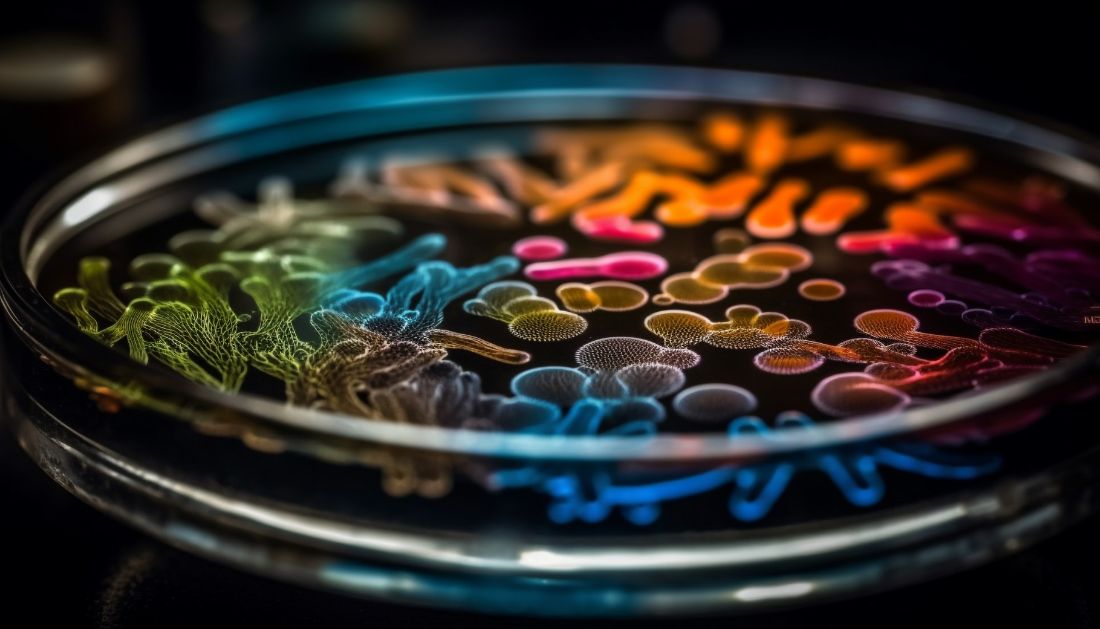

The human body is not just a collection of cells but a dynamic ecosystem teeming with microbes that influence our health in profound ways. In a groundbreaking study, researchers from the University of California San Diego have uncovered hundreds of previously unknown microbial metabolites, significantly advancing our understanding of how the gut microbiome shapes human metabolism.
Microbial Metabolites: Hundreds Newly Discovered
The study, published in Cell, identified 851 distinct N-acyl lipids, with 777 of them never documented before. These molecules are critical in regulating immune responses and stress management, and many appear to be directly produced by gut microbes. This research highlights how microbial metabolites serve as biochemical messengers between the microbiome and the human host.
Impact on Metabolic Health and Disease
The distribution of these newly identified compounds varies based on diet, microbial composition, and disease conditions like diabetes. The presence of short-chain fatty acids—hallmarks of microbial metabolism—strongly suggests that these metabolites are microbial in origin. This discovery may bridge gaps in understanding diseases related to metabolic dysfunction and immune response.
Microbial Metabolites and Cognitive Function
One of the most intriguing findings of the study is the potential link between microbial metabolites, HIV status, and cognitive impairment. While further research is needed, this opens new possibilities for exploring how microbial activity in the gut could influence brain health and neurological disorders.
A New Era in Microbiome Research
“This is just the beginning,” says Helena Mannochio Russo, Ph.D., the study’s lead author. Using reverse metabolomics, scientists can now uncover hidden biochemical conversations between humans and their microbes—conversations that hold keys to diagnosing and treating diseases.
Conclusion
The discovery of these new microbial metabolites not only expands our “metabolic dictionary” but also reinforces the crucial role of the gut microbiome in human health. As research continues, the potential for personalized medicine and targeted therapies based on microbial interactions becomes increasingly promising.
For more information: Mannochio-Russo, H., et al. (2025). The microbiome diversifies long- to short-chain fatty acid-derived N-acyl lipids. Cell. doi.org/10.1016/j.cell.2025.05.015.
more recommended stories
 Nanoplastics in Brain Tissue and Neurological Risk
Nanoplastics in Brain Tissue and Neurological RiskKey Takeaways for HCPs Nanoplastics are.
 AI Predicts Chronic GVHD Risk After Stem Cell Transplant
AI Predicts Chronic GVHD Risk After Stem Cell TransplantKey Takeaways A new AI-driven tool,.
 Red Meat Consumption Linked to Higher Diabetes Odds
Red Meat Consumption Linked to Higher Diabetes OddsKey Takeaways Higher intake of total,.
 Pediatric Crohn’s Disease Microbial Signature Identified
Pediatric Crohn’s Disease Microbial Signature IdentifiedKey Points at a Glance NYU.
 Nanovaccine Design Boosts Immune Attack on HPV Tumors
Nanovaccine Design Boosts Immune Attack on HPV TumorsKey Highlights Reconfiguring peptide orientation significantly.
 High-Fat Diets Cause Damage to Metabolic Health
High-Fat Diets Cause Damage to Metabolic HealthKey Points Takeaways High-fat and ketogenic.
 Acute Ischemic Stroke: New Evidence for Neuroprotection
Acute Ischemic Stroke: New Evidence for NeuroprotectionKey Highlights A Phase III clinical.
 Statins Rarely Cause Side Effects, Large Trials Show
Statins Rarely Cause Side Effects, Large Trials ShowKey Points at a Glance Large.
 Anxiety Reduction and Emotional Support on Social Media
Anxiety Reduction and Emotional Support on Social MediaKey Summary Anxiety commonly begins in.
 Liquid Biopsy Measures Epigenetic Instability in Cancer
Liquid Biopsy Measures Epigenetic Instability in CancerKey Takeaways Johns Hopkins researchers developed.

Leave a Comment